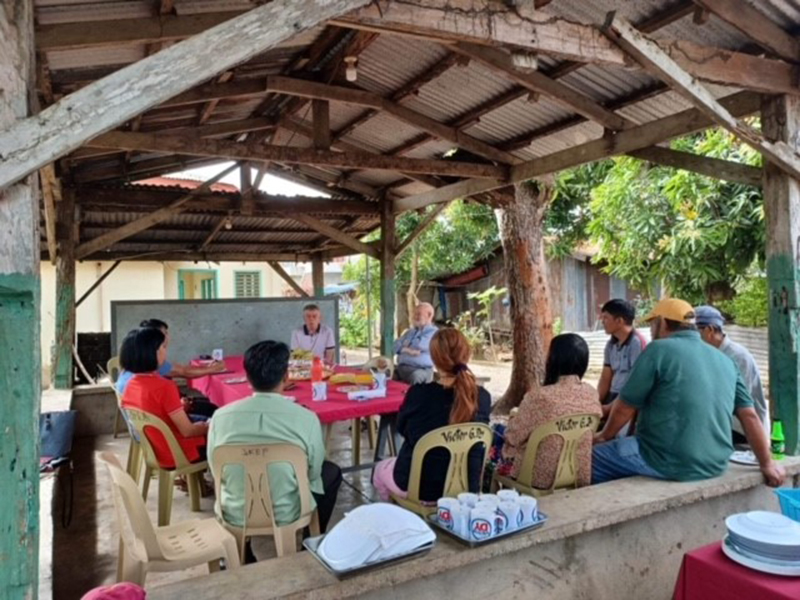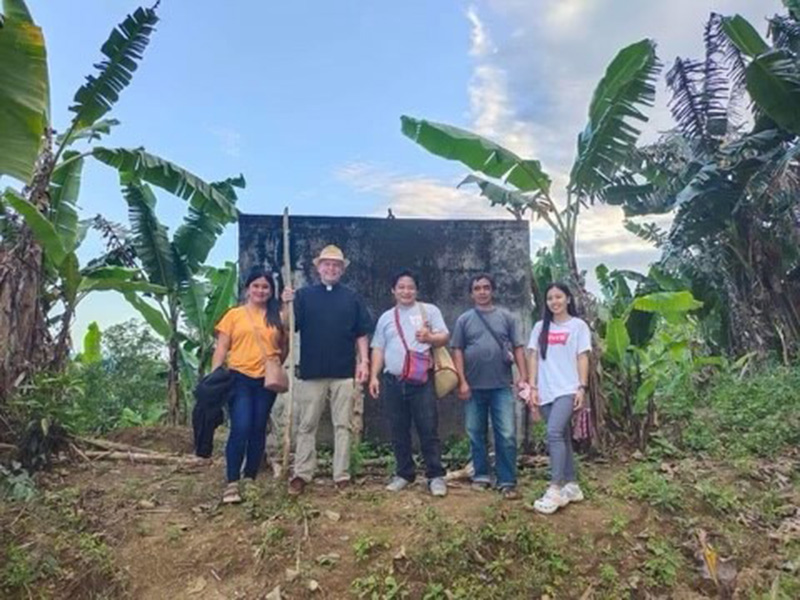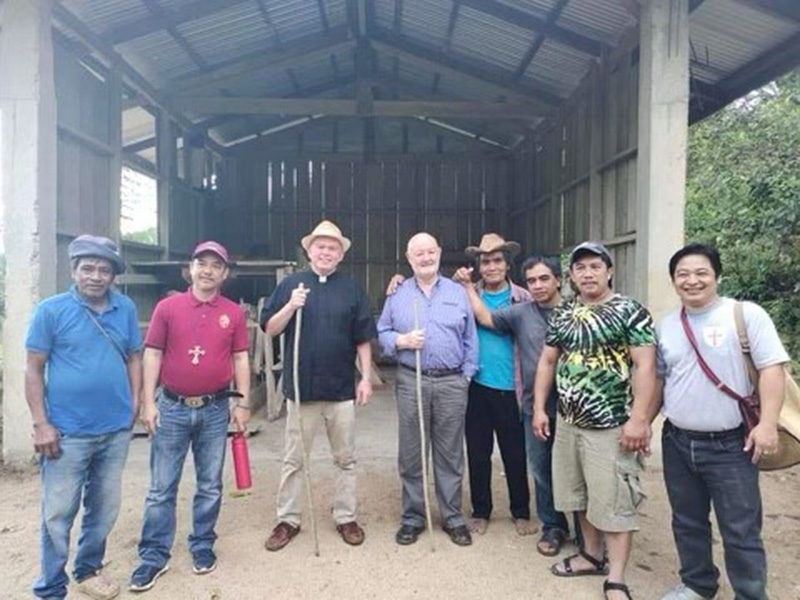AID Executive Director visits Philippines projects that have been sustained for 15 years
AID’s Executive Director, the Rev’d Dr John Deane, recently returned from a visit to our Philippines partner, E-CARE where he met many old friends from the Episcopal Church in the Philippines, as well as community members.
A highlight of John’s visit was being shown a rice mill and concrete water tank, the construction of which ABM had supported almost 15 years ago. John was delighted to see that both were still operating and benefiting the community of Guedegued in Apayao, on the northern tip of the country, in the Cordillera region.
It can be a challenge when working in Community Development to achieve sustainability, that is, making sure the effects of the project continue in the community well after the funds for the project have stopped. E-CARE is very conscious of the importance of sustainability and self-sufficiency in the community development work they do. So much so that they devised the Receivers to Givers policy within an Asset-based Community Development context, many years ago, to work for greater sustainability and the self-sufficiency of people and groups in communities they served.
E-CARE did not want people becoming dependent on outside funding for their continued economic development. And so, the Receivers to Givers policy ensures that once communities (groups and individuals) have benefited from a grant from E-CARE (supported in many cases by AID), they are invited to “pass the funds on” to another community. This way, the same funds can help many, many more communities. And it also removes people from a cycle of dependency, and assets such as this water tank and rice mill in Guedegued community, are highly valued and cared for so that they provide an ongoing benefit to the local people.

AID Executive Director, Rev’d Dr John Deane, meets E-CARE staff and local community members © E-CARE. Used with permission.

This concrete water tank, funded by ABM, has been providing clean water to the Guedegued community for 15 years. © E-CARE. Used with permission.
